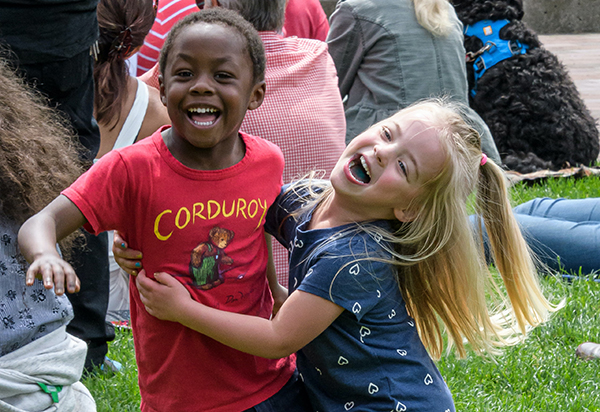Family Counseling Insights brought to you by California Psychotherapeutic Resources, Inc.
Okay, just to put things in perspective, it’s been about 18 months since the pandemic forced everything from masking to online schooling at home. For a six-year-old, that’s a quarter of their lifetime, and probably about half of the life they can remember. Any wonder that some kids are showing signs of anxiety?

In an article in Healthline, Sara Lindberg cites statistics from the Centers for Disease Control and Prevention (CDC) stating that about seven percent of children in America ages 3-17 have been diagnosed with anxiety. “Being able to identify the signs and symptoms is a critical first step in helping your child with anxiety,” says Lindberg. She says to look out for:
- excessive fear and worry often related to family, school, friends, or activities
- worry about things before they happen
- low confidence and self-esteem
- physical symptoms such as stomachache, headache, muscle aches, or tension
- fatigue and restlessness
- irritability
- changes in appetite
- lack of concentration
- irritability and inability to relax
- trouble sleeping and nightmares
- fear of making mistakes or being embarrassed
There are several types of anxiety, though, with somewhat different treatments. In general, anxiety falls into these categories:
- Generalized anxiety
- Separation anxiety
- Specific phobias
- Social anxiety
- Agoraphobia
- Panic
Parents are the best ones to begin the process of diagnosing anxiety because they know their kids best. But most parents will have an undefined sense that something is amiss without being able to diagnose it specifically as an anxiety disorder. That’s why the next step is to have a conversation with your pediatrician. “They can help assess the severity and recommend a mental health expert or a clinic that specializes in diagnosing and treating children,” says Lindberg.
After meeting with a therapist, psychologist or psychiatrist as appropriate, you may begin a treatment plan. The good news here is that treatment anxiety in children is available and effective. Treatments include:
- Cognitive-behavioral therapy (CBT): Valuable for mild to moderate anxiety
- Mindfulness training: Effective for separation, generalized and social anxiety
- Medication: reserved for serious cases of anxiety
It’s also important to remember that a bit of anxiety is something that everyone, not just children, experiences. It’s only a problem if it’s excessive or frequent. Of course, that’s the hard part: determining what “excessive or frequent” is.